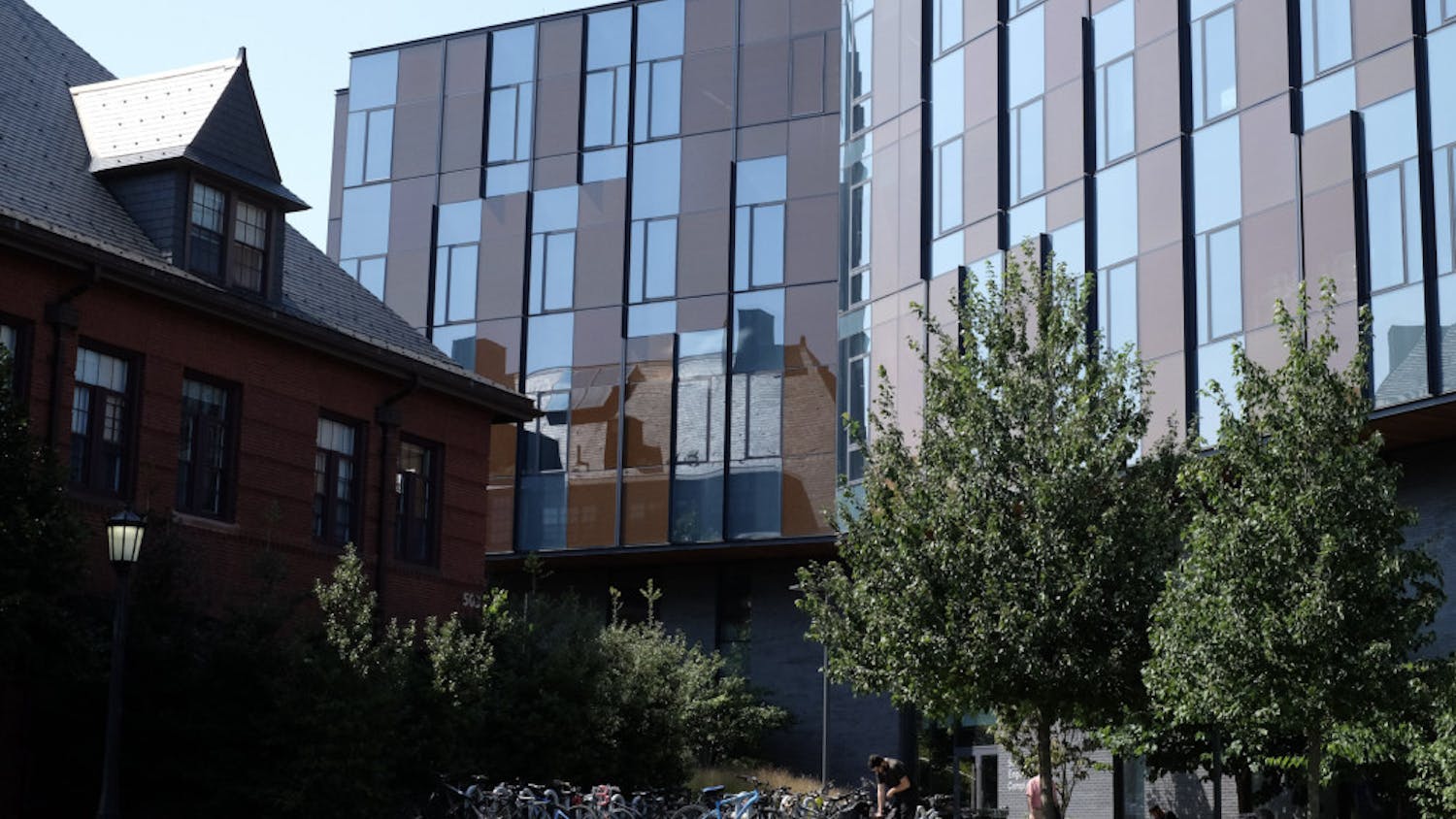Tufts Community Union Senate voted to allocate $1,164,000 of TCU Treasury funds to establish a trust for post-pandemic campus events and celebrations and discussed the future of student government disciplinary hearings in a virtual meeting on Sunday night.
TCU Treasurer Sharif Hamidi’s resolution to establish the Pandemic Activities Restoration Trust passed overwhelmingly, with 28 senators voting in favor, none opposed and two abstaining. The trust will be used to restore and enhance post-pandemic university traditions that were canceled during the COVID-19 pandemic. Half of the fund will go towards post-pandemic celebrations for the classes of 2020 and 2021, while the other half will be used to augment Homecoming, Spring Fling and Tuftonia’s Day, among other future events.
“The pandemic has limited student activities and the ability of student [organizations] to benefit from the traditions and events that are central to the Tufts experience,” Hamidi said. “I would say we have an obligation to respond and do it in a way that's decisive.”
TCU Senate then read an abstract for a resolution introduced by Alex Lein and Claudia Guetta, two student coordinators of the Tufts University Prison Initiative of Tisch College. The resolution calls on Tufts to expand the initiative’s college-in-prison degree program to offer a Tufts bachelor’s degree with a major in civic studies. Currently, the Tufts University Prison Initiative of Tisch College program offers an associate’s degree from Bunker Hill Community College.
“This would obviously really enhance the scope and the reach of the program,” Lein, a senior, said. “It's a huge thing for any student, let alone students who are on the inside or coming out of prisons, to be able to receive a BA from Tufts.”
In the coming weeks, this abstract will be expanded into a full resolution for TCU Senate to vote on.
TCU Senate then heard two supplementary funding requests.
Future Histories Literary Magazine requested $50 to send copies of its magazine to members who are remote this semester. The request passed TCU Senate with 26 senators voting in favor, none opposed and one abstaining. The request passed TCU Senate by acclamation.
Tufts Asian Student Coalition requested $2,000 to pay an honorarium to Susan Lieu, a playwright who will conduct a storytelling workshop through the club.Eight members of the Allocations Board voted in favor of the request, with none opposed and one abstaining. The request passed TCU Senate by acclamation.
TCU President Sarah Wiener then provided updates on Wellness Week, an ongoing collaboration between TCU Senate and Tufts University Social Collective to organize mindfulness-oriented programming in place of spring break during the week of March 22–26. TCU Senate is also asking professors to assign lighter workloads during that week.
Wiener announced that in addition to Tufts University Social Collective, TCU Senate hopes to collaborate with the Office of the President, the Office of the Provost, Counseling and Mental Health Services and the Center for the Enhancement of Learning and Teaching on Wellness Week programming.
The senators then split into breakout rooms to discuss the future of student inter-governmental disciplinary hearings conducted by TCU. Before it was canceled, the hearing to review Tufts Students for Justice in Palestine's allegations of bias and corruption on the part of the TCU Judiciary brought attention to TCU Senate’s lack of preparedness for inter-governmental disciplinary actions.
The senators discussed how the disciplinary hearing process should change going forward, and whether TCU government should be the body to handle complaints.
Multiple senators suggested that the Committee on Student Life hear future complaints because it is composed of both students and faculty. Others suggested looking to other universities’ procedures to try to attain a greater level of impartiality.
TCU Senate will continue to discuss this issue and seek a solution that improves the impartiality of the hearing process.






